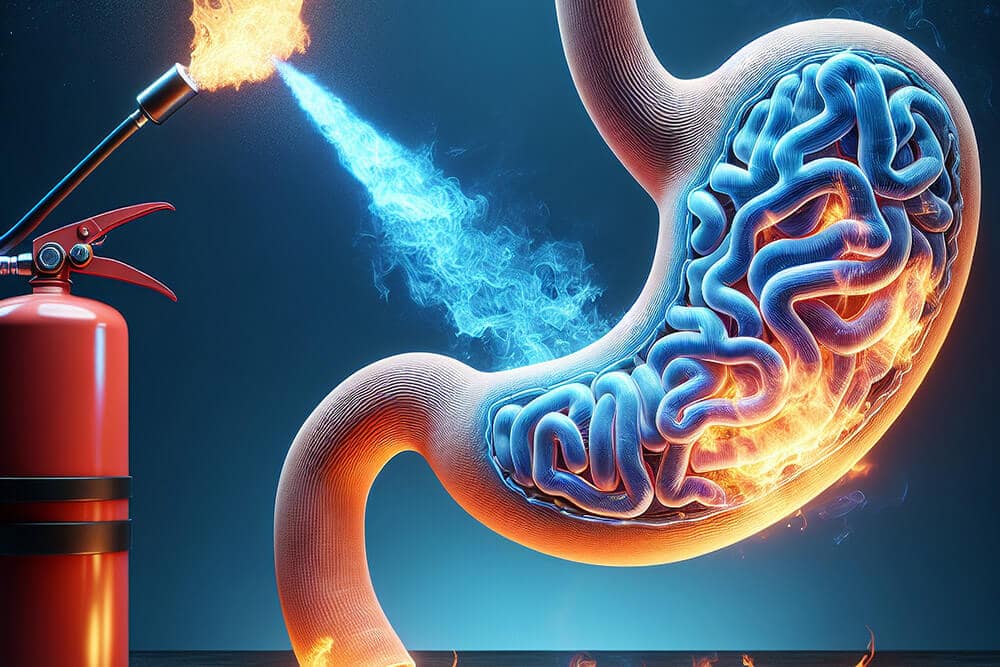Frequently Asked Questions
What is the purpose of the GastroDoxs digestive health blog?
The GastroDoxs digestive health blog is designed to provide expert-backed insights on gastrointestinal wellness, gut-friendly diets, common digestive disorders, and evidence-based treatment options. Our goal is to help individuals struggling with acid reflux, bloating, IBS, constipation, and other gut health issues by offering research-backed advice and actionable health tips.
Do I need a medical background to understand the blog posts?
No, our blog is written in easy-to-understand language, making complex medical topics accessible for everyone.
How do I know if the information is up to date?
We ensure all our content is based on the latest research and regularly update posts to reflect new findings in digestive health.
Can I request a blog topic?
Yes! If you have a specific topic you’d like us to cover, feel free to reach out through our Contact Page.
Are blog articles a substitute for medical advice?
No, while our blog provides valuable health information, it should not replace professional medical advice. Always consult a healthcare provider for personalized recommendations.


















